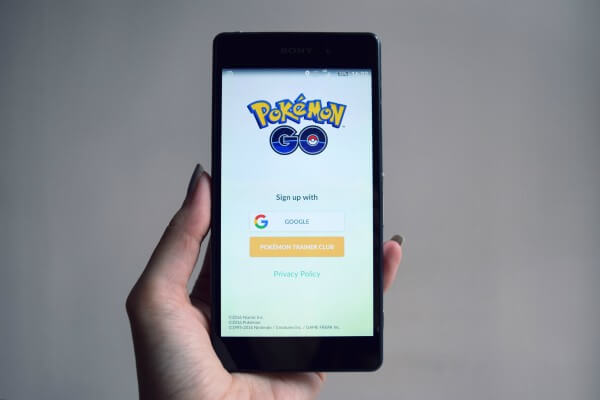
Augmented reality – time to make it work for marketing
A couple of years ago, augmented reality (AR) was a new technology that was a bit of a novelty. Now it is becoming part of the mainstream, and a tool that marketers should no longer ignore…
What is augmented reality?
This is a technology that uses headsets, screens or projectors to create images in a virtual space. These are laid over the real world image, or stitched together to create a virtual world.
Augmented reality adds to what you can already see. For instance, an engineer could look at a machine and see the internal workings and information about them.
Where have I seen AR?
If you use Snapchat, or have seen friends posting Snapchat filtered selfies on Facebook, you’ve seen AR. This enables creative assets to be placed in real-world situations. And the hugely popular Pokémon Go – soon to be joined by a Harry Potter version later this year – placed animated creatures in real-world locations around the globe. Google phones’ Google Lens uses image recognition to add information in real time. And IKEA’s Place app allows would-be buyers to ‘place’ IKEA products within their own home to see how they will look before committing to a purchase.
According to a report by global media and marketing services company Mindshare, the time is ripe for Augmented Reality to enter the marketing sphere.
The report looked at user behaviour around AR.
It used brain imaging to record how the user’s brain reacted to AR content. There were a number of scenarios, including a BBC app, where AR allowed you to get more information about a story, a game, a Specsavers app that allowed the user to virtually try on glasses, and the IKEA Home app.
Users could choose either the AR or non-AR version – and what was astonishing was that the level of brain response to the AR version was anywhere between 30 and 50 per cent higher!
Heather Andrew, CEO at Neuro-Insight, which co-authored the report, commented: “This study has shown that AR delivers exceptionally high attention levels – 45% higher than the average we see for TV viewing or general online browsing.”
For marketing and advertising, this has huge implications – potential consumers are far more likely to remember and be influenced by something that provokes this amount of brain activity.
The report says that so far, AR is used to ‘surprise and delight’ far more often than it is put into practice for other means. But there are very many possible ways to interact with AR – for instance to enhance news stories, for location-based learning, navigation, translation, connected packaging and much more.
People who took part in the study had their own suggestions: “I would love it at the gym, imagine a large mirror with AR tech that would show you what exercises to do and correct your form.”
“What about Estate Agents? It would be great if I had the ability to hold up my phone in front of a house to get prices, information and view the rooms inside. That would save so much time!”
According to the report: “Soon brands will start thinking differently about the space around us, as everything from objects and buildings, to everyday products and even our bodies becomes a potential trigger for content.’’
But AR won’t be restricted to smartphones, AR glasses will be the next big thing in the next five or ten years, allowing AR to be a constant presence in our lives.
How will this impact brands?
AR will be used to deliver ever-more immersive brand experiences. It will be used within the purchasing experience, to help consumers make choices by comparing products and visualising them within their own homes, or on their bodies.
It will allow for the browsing and shopping experience to be ever-more personalised, and AR will become not just a one-off novelty experience, but a continuous provision within marketing and advertising
So what next?
These are exciting times. How would you use AR to help market your own brand or service?
If you would like to have a chat about your marketing requirements, please call Alison Page on tel: 07963 002065 or email: hello@alisonpagemarketing.co.uk. You can of course browse our website to see what our existing clients have to say about our work.

